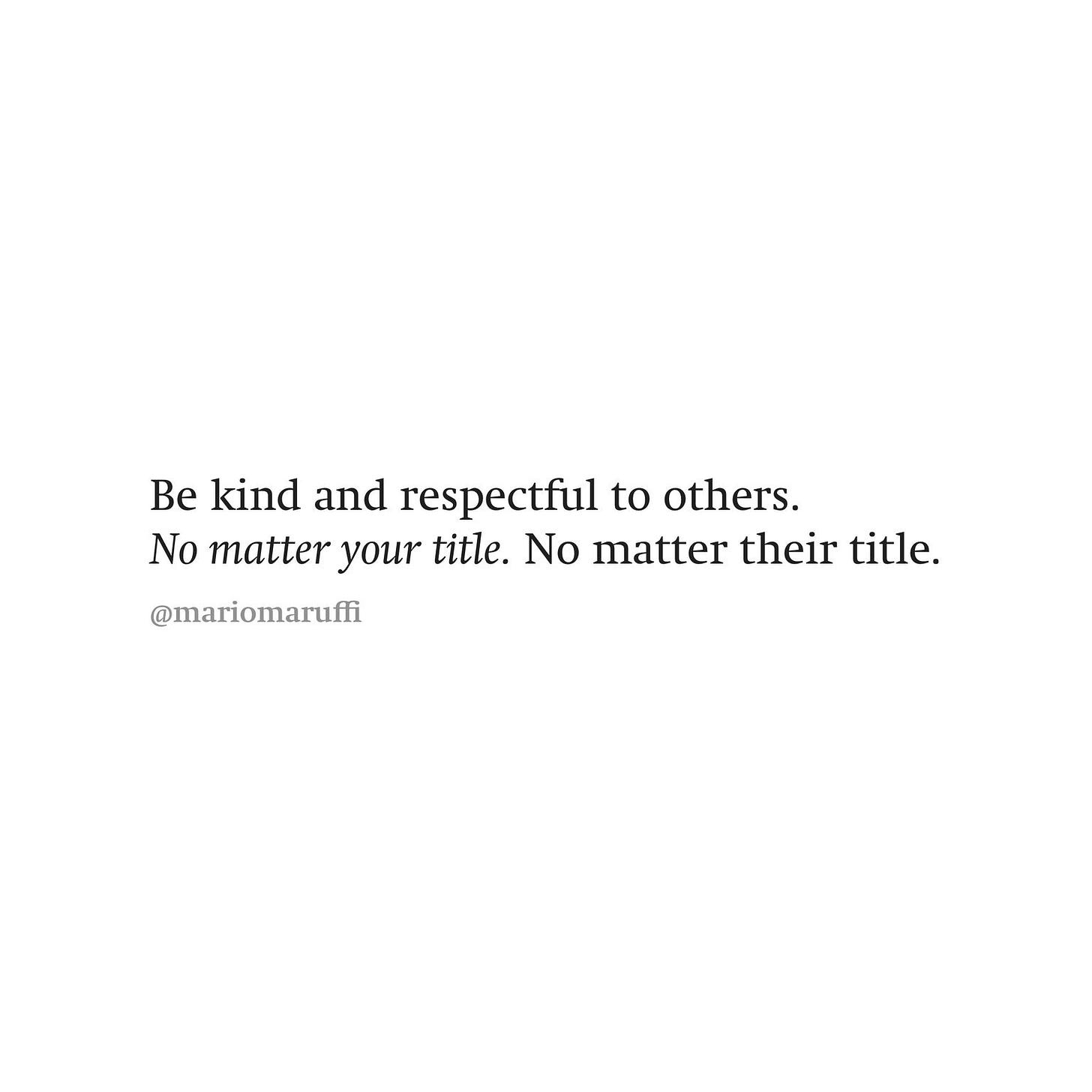Last night, I had a conversation with my friend Aaron about artificial intelligence, and I'm sure our discussion mirrors the conversations many of us are having, especially if we work in design, tech, or business strategy. We talked about things like, "Wow, I like how AI can help with this," and "Wow, this is absolutely terrifying, and AI could be accelerating the damage we are causing to the planet." We were trying to make sense of what AI means for us as individuals and for humanity.
Regardless of your feelings about AI, we know it's here, and it's going to play a significant role in how we approach design work and shape organizational strategies. There are several ways we can respond and adapt to AI. My response is to begin exploring the differences between human intelligence and artificial intelligence. This is particularly important for those who worry that "AI is going to take our jobs," and its a legitimate fear given our history of displacing workers with technological advancements. As I write this, I hope to create a series of reassuring letters for those feeling genuine anxiety about artificial intelligence. My aim is to explore topics that will help us all feel safer at work and, more importantly, as a species.
So, let's kick off this "Robot vs. Humans" series with what many, including myself, would argue is the most significant differentiator between humans and AI: empathy.
While conducting some preliminary research for this post, I was pleased to find that most of the content related to design, strategy, and empathy remains overwhelmingly positive. Empathy is still widely regarded as a valuable tool for making better decisions.
However, I have also come across murmurs suggesting that empathy is overrated, merely a buzzword. Some even claim that empathy is impossible to apply to large products and services with many customer and consumer segments. This, of course, is absolute nonsense. Empathy is essential for exceptional design, and I would argue it's vital for business success. Most importantly, in the context of this article, it's something you can do better than a robot.
Here are a few ways in which your empathic abilities make you more valuable to the people you're trying to help compared to AI:
Decision-making: This is a crucial distinction between humans and computers concerning empathy. AI can analyze and synthesize vast amounts of data and even suggest one decision over another, but it will base its decision solely on data. You have the power to combine hard data with real-life experiences you've had with other human beings to inform your decisions. Keep this in mind the next time a boss or co-worker asks you to make "data-driven decisions." Ask yourself how you can go beyond clicks, views, and downloads because that's as far as AI can typically go; you can go farther.
Real support: Simply put, AI can't have your back, nor can it support your colleagues and family. Can AI hear? Sure. But does it listen? Can it use what it hears to establish genuine connections with people? I think not. The simple act of showing up and being ready to support people makes you better than the robots.
Morals & Ethics: This is undeniably the most critical difference between you and machines. You know what's right and wrong. There's a reason why some of us are becoming more concerned about the ethical practices of our organizations; we understand that a machine will merely execute instructions, and that's a frightening thought. However, you, a human being, can at least attempt to ensure that this new technology is used morally and ethically. This is a complex challenge, and we may not be succeeding entirely at it right now, but knowing that you are there, making a difference by simply being a good human, is a comforting thought.
In conclusion, I want to be clear that I'm not here to tell you that AI is destroying the world or coming for all of our jobs. As I mentioned in an earlier post, I believe we should be cautious about how we develop our technology, and human empathy can serve as one guardrail as we explore the frontiers of artificial intelligence. It's one aspect that makes you better than a robot.
My favorite things of the week
This article by Thomas W. is an absolute must read for anyone interested in design strategy. He outlines several wonderful ideas here with the main one being that design strategy is really business strategy.
I’ve been trying to be more intentional about being honest and open with people when I feel like I need help. I’ve been pretty closed off from the world these last few years and I am trying to change that. This post is a good reminder why it’s important for us to be open to others.
This article by Megan Erin Miller has some wonderful suggestions and examples of how service blueprinting can be simplified. As someone that loves finding ways to make complex things simpler I found the tips suggested by Megan to be super helpful!
Here’s an awesome case study by TPX Impact that outlines how they used co-creation methods to help improve the outcomes for young people struggling with mental health. I think that the more complex or sensitive a challenge can be the more important it is to involve the people you want to help in the design process.
Finally I leave you with an other awesome post by Mario Maruffi to take with you into the weekend.



